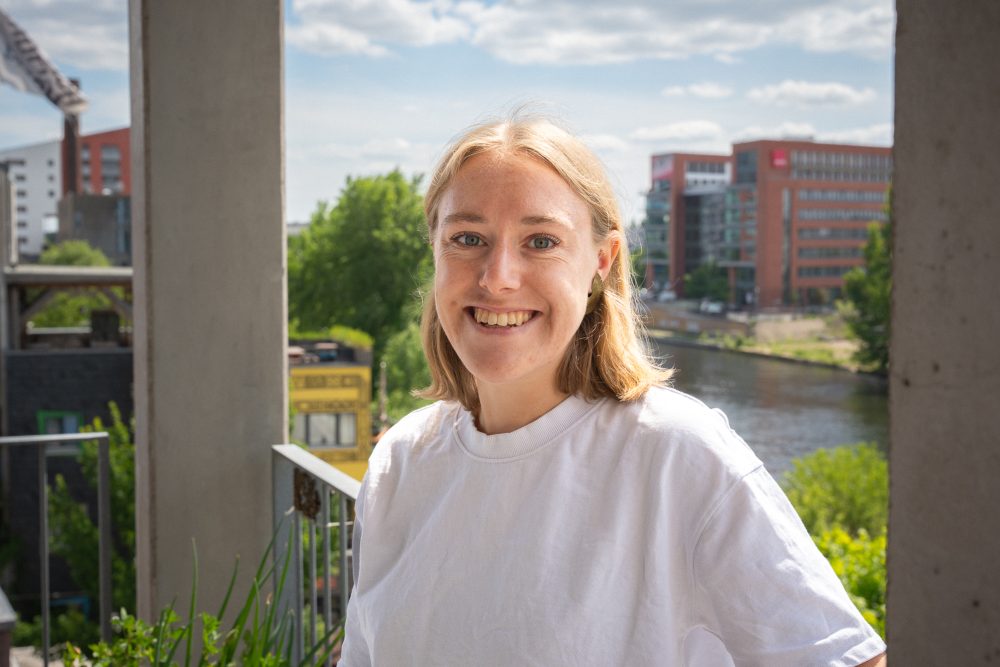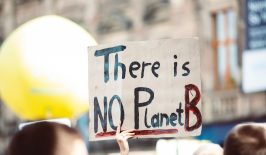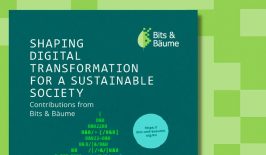RESET’s latest sustainability and digitalisation writer and editor is Kezia Rice, a seasoned freelance journalist from Lancaster, UK. We spoke to her about her journey into journalism, passion for environmental issues and views on the current challenges in Europe concerning the climate crisis.
Hi Kezia, could you tell us a little bit about what inspired you to become a journalist, and how did you start your career in the field?
I’ve loved reading journalism from a young age. As a teenager, I would take the magazine from my dad’s weekend paper and read it back to back. After graduating from university, I started my own online magazine about climate action, Imprint Mag, and began writing for publications including Vice, Refinery29, The Independent and more, often covering climate topics.
How did your interest in environmental issues develop, and what motivated you to cover these topics?
My parents brought me up to care about environmental issues but as I got older I became more aware of how urgent fighting climate change is. I also began realising how quick brands and publications were to throw around the word ‘sustainable’ just because climate change had become a trending topic. I wanted to report on individuals who were truly working towards climate justice to combat the greenwashing so prevalent in the media.
How would you describe the current challenges in Europe concerning the climate crisis?
In our European bubble, we often think of climate disaster as a problem that will affect us in several years time. But the consequences of climate change are already claiming lives: in 2022, heatwaves in the UK caused an estimated excess of nearly 3000 deaths. Floods in Belgium and Germany in 2021 took over 200 lives and destroyed the homes of thousands more. The next few years will be crucial in implementing climate policy that maximises the potential of digital solutions to slow down the rapid warming of our planet.
As an environmental journalist, how do you stay motivated and hopeful in the face of often daunting environmental challenges and negative news?
Honestly, this is something I often struggle with. But over the past few years, seeing the passion and motivation of Gen Z in campaigning for climate justice has been really inspiring. I also love coming across new inventions that help make our society more climate-friendly and reading about the potential for digitalisation to solve the biggest climate issues of our time.
In your opinion, what can individuals, communities, and governments do to foster greater environmental literacy and action, and how can digitalisation contribute to these efforts?
I think transparency is really crucial in helping people realise the ways their everyday actions contribute to the climate crisis. For example, learning that not taking two short-haul flights saves as much carbon as not eating meat for one year put the climate impact of flying into perspective for me. But governments are responsible for creating policy that helps individuals to make climate-friendly choices and communities can set up networks and support groups that facilitate these changes.
As for digitalisation, the potential is huge. Implementing sustainable technology in the development of future housing, travel and food systems will make it simpler for individuals to integrate climate action into their everyday lives. I’m excited to follow the latest digitalisation developments in my new role at RESET.org and report on how this technology is combating climate change and building a more sustainable planet.









